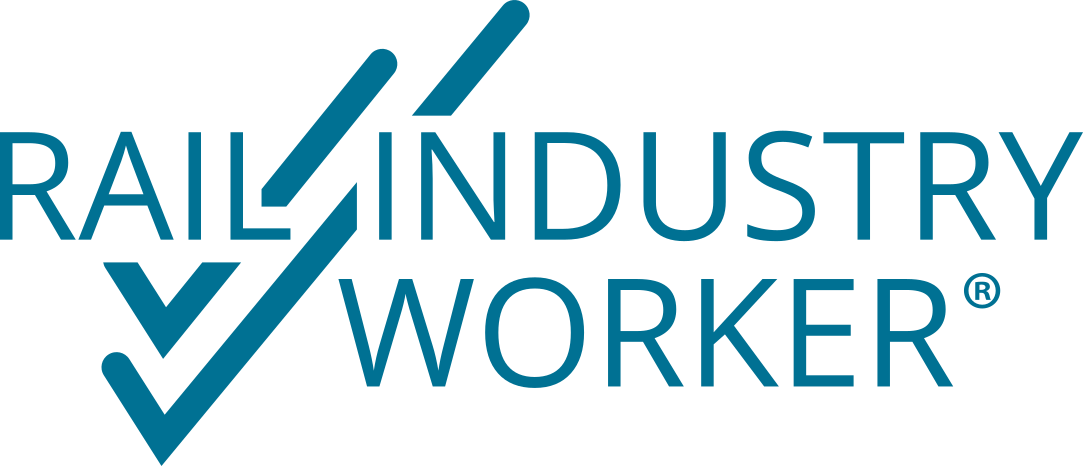Below you will find a range of training, instructional and support information for using the RIW System. You can browse the various categories, or type keywords into the search box. If you are new to RIW, please view the Getting Started category.
Knowledge Centre Search
What is a National or Network block?
A National or Network block is a restriction that prevents a Rail Industry Worker (RIW) from working on a Network Operator’s rail network or multiple rail networks.
This can be at two levels in the system:
- At a National level, which impacts all projects, sites and zones on all RIW participating rail networks, or
- At a Network level, which includes all projects, sites and zones on a specific RIW participating network only.
National Block
When a block is placed on an individual at the RIW Program level, this will exclude them from working on all Network Operator rail networks. Examples of why a National block might be placed include fraud, or where a serious safety incident occurs and the Network Operator believes it should be escalated to the National Rail Industry Worker Operations Committee for consideration. These types of incidents would be categorised under the Rail Safety National Law as a Category A – Notifiable Occurrence.
In the RIW System, the following will occur when a National Block is placed on an RIW Cardholder:
National job role | BLOCKED |
Network job role | BLOCKED |
Employer job role | BLOCKED |
National competency | BLOCKED |
Network competency | BLOCKED |
| Employer based competency | BLOCKED |
Project based competency | BLOCKED |
Site based competency | BLOCKED |
Zone based competency | BLOCKED |
Below is an example of a how a job role in the RIW System will be noted with a national block. All job roles will be blocked and as such, the job roles are invalid for swiping/accessing all RIW participating work sites nationally.

The RIW cardholder will be denied swipe access to all projects, sites and zones nationally. In the RIW System, administrators will see a banner message Blocks exist for this person on the profile summary screen.
If an Access Controller attempts to swipe the cardholder into a work site, they will receive a message advising that the block exists for this cardholder. The Access Controller cannot override this block, thus not permit the cardholder on site.
In myRIW, the cardholder will receive a visual prompt that a block exists.
A video summary of how National Blocks work is available here.
Network Block
Network Operators reserve the right to remove and block any cardholder from their Network as a result of any type of breach, incident or accident, in accordance with their own rules and procedures. This could impact a cardholders ability to work in other Network Operator jurisdictions, depending on the severity of the breach, and/or the number of times a cardholder has been found to have been in breach.
Where a cardholder has been identified as contributory to an incident, this may result in a suspension or block of the cardholder from carrying out rail safety work.
When a block is placed by the Network Operator, the block only prevents the cardholder from working on the Network where the block was placed. Other Networks are responsible for assessing the risks of working with blocked cardholders, and may refuse the blocked cardholder entry to their Network/site until they can determine why the cardholder was previously blocked at the different network location.
A Network Block may be placed on a cardholders profile in the following situations:
- Failure to comply with the Network Operator’s Drug and Alcohol Management Program; or
- Serious/Critical Safety Breach; or
- Other valid reason as determined by the Network Operator.
These types of incidents are categorised under the Rail Safety National Law as a Category A – Notifiable Occurrence. For more information about notifiable occurrences, please visit the Office of the National Rail Safety Regulator website.
If a block has been placed on an RIW Cardholder's profile due to a failed Drug & Alcohol result, and a network has a remediation process and policy, this block can be removed by the specific network by the appropriate network representative. Please refer to the following: What is a block resulting from a medically recorded drug or alcohol failure?
In the RIW System, the following will occur when a Network Block is placed on an RIW Cardholder
National job role | VALID |
Network job role (Blocked Network) | BLOCKED |
Network job role (Non Blocked Networks) | VALID |
Employer job role | VALID |
National competency | VALID |
Network competency (Blocked Network) | VALID |
Network competency (Non Blocked Network) | VALID |
Project based competency (Blocked Network) | BLOCKED |
Project based competency (Non Blocked Network) | VALID |
Site based competency (Blocked Network) | BLOCKED |
Site based competency (Non Blocked Network) | VALID |
Zone based competency (Blocked Network) | BLOCKED |
Zone based competency (Non Blocked Network) | VALID |
Below is an example of a how a job role in the RIW System will be noted with a network block. This advises that the job role cannot be used to swipe/access a work site on the network that the job role is for. In this example the cardholder will not be able to swipe/access any worksites under the Queensland Rail network.

Network blocks can be placed by a nominated representative of the Network Operator. This representative is also authorised to remove a network block on their network.
The RIW Service Desk can place/remove a network block on receipt of an instruction from a nominated network operator representative.
The RIW Cardholder will be denied swipe access to the network sites. In the RIW System, administrators will see a banner message Blocks exist for this person on the profile summary screen.
Access Controllers will receive a message that a network block exists for the cardholder if attempting to swipe the cardholder onto a blocked network site. The Access Controller cannot override the message to allow access to the blocked network site.
In myRIW, the cardholder will receive a visual prompt that a block exists.
A video summary of how Network Blocks work is available here.
RIW Knowledge Centre Article Link:
https://support.riw.net.au/support/solutions/articles/51000029931
Did you find it helpful? Yes No
Send feedback




